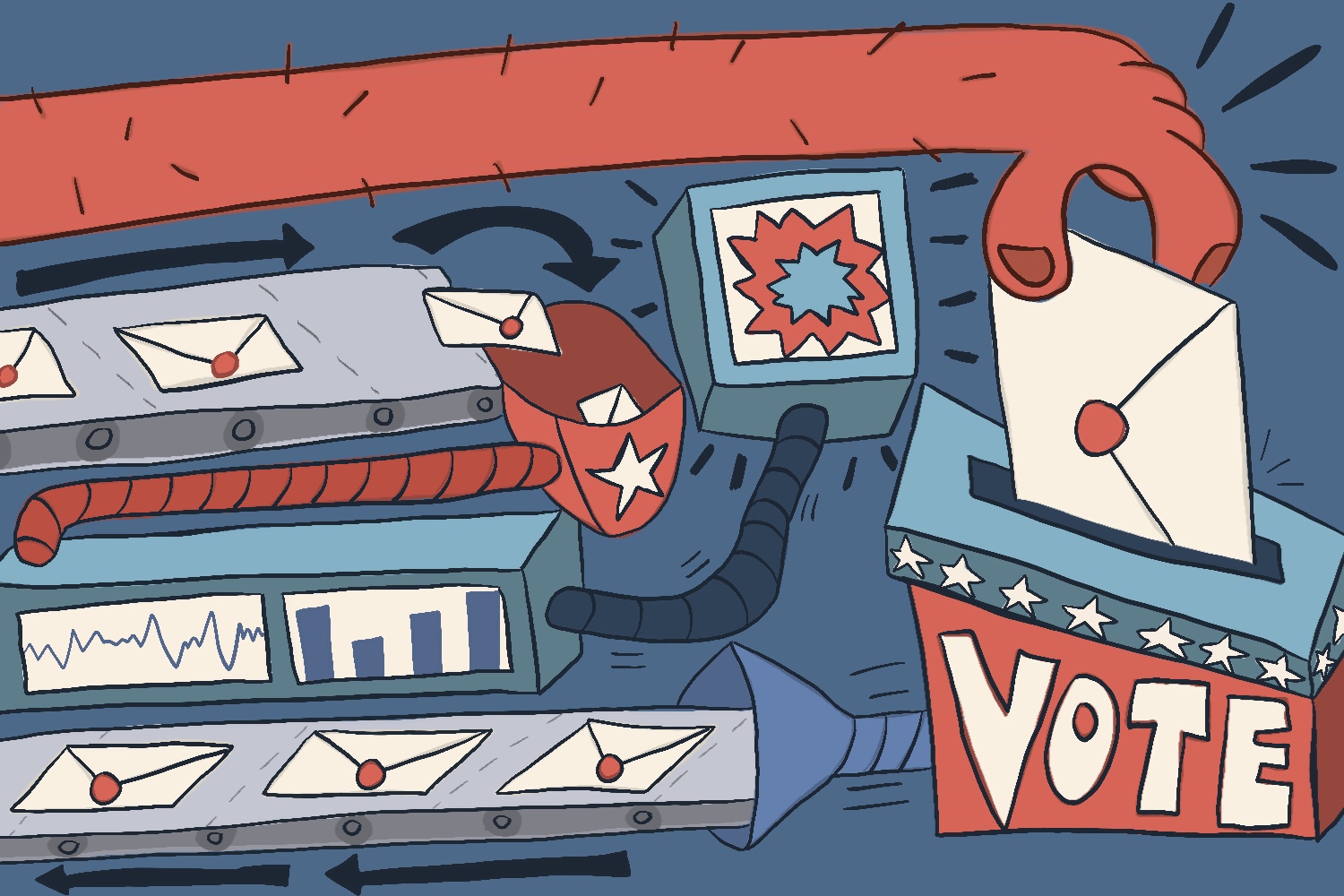For an ROTC cadet on the University of Vermont’s campus, fitting in is no small feat. Fortunately for cadets , the fatigues don’t seem to matter to the UVM students who aren’t part of the Reserve Officer Training Corp [ROTC]. Ben Silverman, a UVM junior and an anti-war activist, said that he is “against the military as a structure,” but that doesn’t mean he will discriminate against soldiers. “I do understand that many of the people who do ROTC are pro-war. I acknowledge that I have to be open to them,” Silverman said.Silverman works with Students Against War (SAW), an on-campus organization that protests the wars abroad. They recently held a protest calling for UVM to withdraw funds invested in companies that SAW feels are profiting from the wars in Iraq and Afghanistan.Silverman said he also works with Iraq Veterans Against the War, an off-campus group that works toward the immediate withdrawal of troops in Iraq and Afghanistan.Silverman said that, from his point of view, UVM is a very accepting community.”We [as protesters] have received catcalls, it happens, that’s fine,” but he said that it has never gone farther than that. “I wouldn’t want to associate with people who harass the ROTC,” he said.Members of the ROTC said they agree with Silverman and said they have received little or no harassment due to the fact that they are in the ROTC. “I’ve been experienced with ROTC units all over the U.S. and I’ve never felt a place that’s more accepting than at UVM,” Lt. Col.Steven J. Koebrich, a professor of Military Studies at UVM, said. Ben Hagstrom, a sophomore cadet in the ROTC, said that he hasn’t come across any discrimination while attending UVM.Hagstrom said his main concern is awareness about the ROTC.”I think that maybe if people were more aware about [the ROTC] regardless of their political views it would at least respect the amount of work that is put into it,” he said. “The people running the ROTC are really passionate about what they do and they put a lot of time and effort into it.” “You have to at least accept it, no matter what your views are of the program or the military in general,” he said.Silverman said that he does believe that UVM would be better off without an ROTC chapter, but said that he understands why some people join. For example, some people join the ROTC because it is the only way for them to get a college education.”There’s no one that is more capable than ending a military machine than people actually running it, but at the same time I have to acknowledge that the ROTC is a different animal,” Silverman said. “If a student wants to get a college education that may be their only option.”Since the UVM community is so accepting of the ROTC chapter on campus, officials said they have put more effort into their work and spent less time worrying about how students view the chapter.”[Our] students have to work a lot harder than other students and it takes up a lot of time. They go all out from day one to Thanksgiving break,” Enrollment Officer and UVM Class of 2007 Alumnus, Lt. David Johnston, said.Cadets are not only doing their schoolwork for UVM, but they are doing schoolwork for the ROTC as well, automatically committing themselves to declaring a double major, Johnston said.Along with classes, cadets are required to take part in physical training three mornings a week as well as other training activities.For Johnston, the ROTC provided him with a job right out of college and he doesn’t need to worry about paying off his student loans because of his ROTC scholarships.Graduated cadets, like Johnston, are given a wide range of opportunities after they graduate from college. All cadets go to a six-week officer basic training camp, and from there they can enter one of three branches in the military.”Having the military pay for college is a huge bonus,” Johnston said. “We are at war in Afghanistan and Iraq, so the Army, which is the majority of the fighting force on the ground, is in need of all types of officers.”Johnston said that the Army also participates in humanitarian relief affairs, such as planning for and preventing genocide in Burundi and providing disaster relief in Louisiana or Africa.While their politics and ideologies don’t always align, both SAW and ROTC maintain a very active community on campus, but neither group has much contact with the other.”We’ve had so few run-ins with the ROTC, and it is such a minor presence on campus that it doesn’t really matter,” Silverman said.But members of the ROTC see themselves as an important part of the community. “There is a reason that we are here. You couldn’t have a country without a military,” Johnston said.












